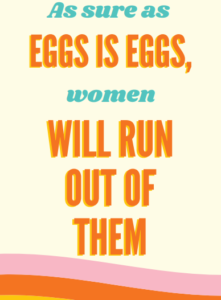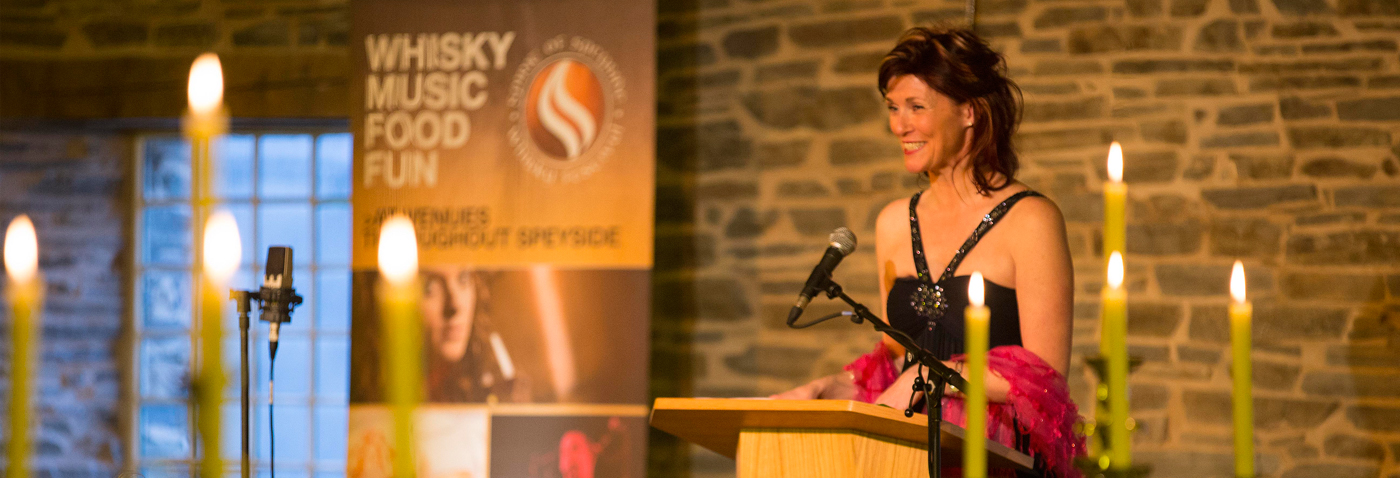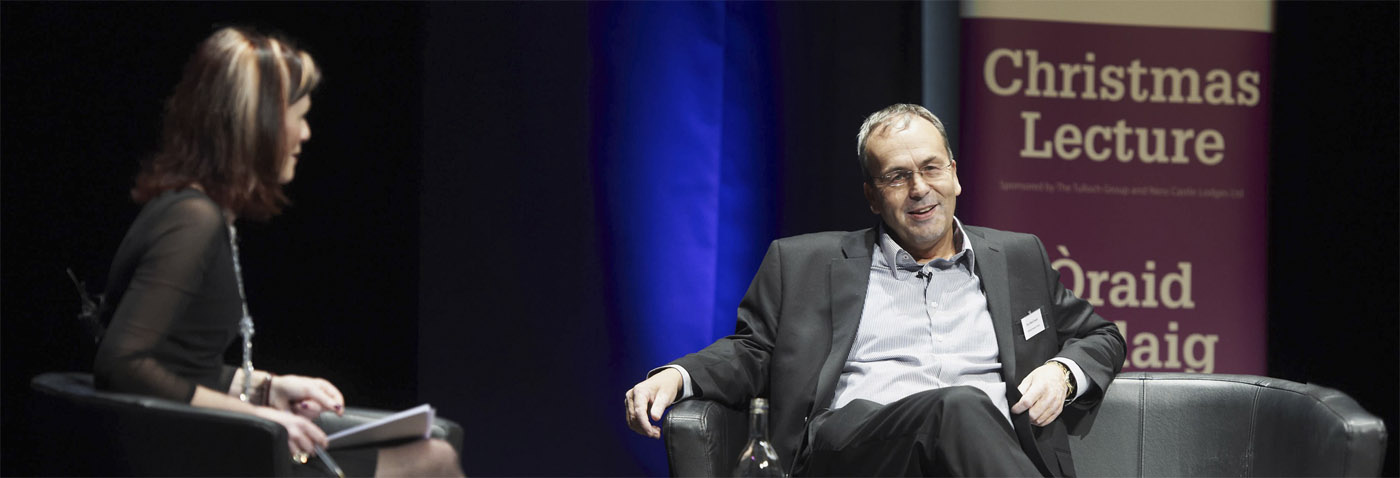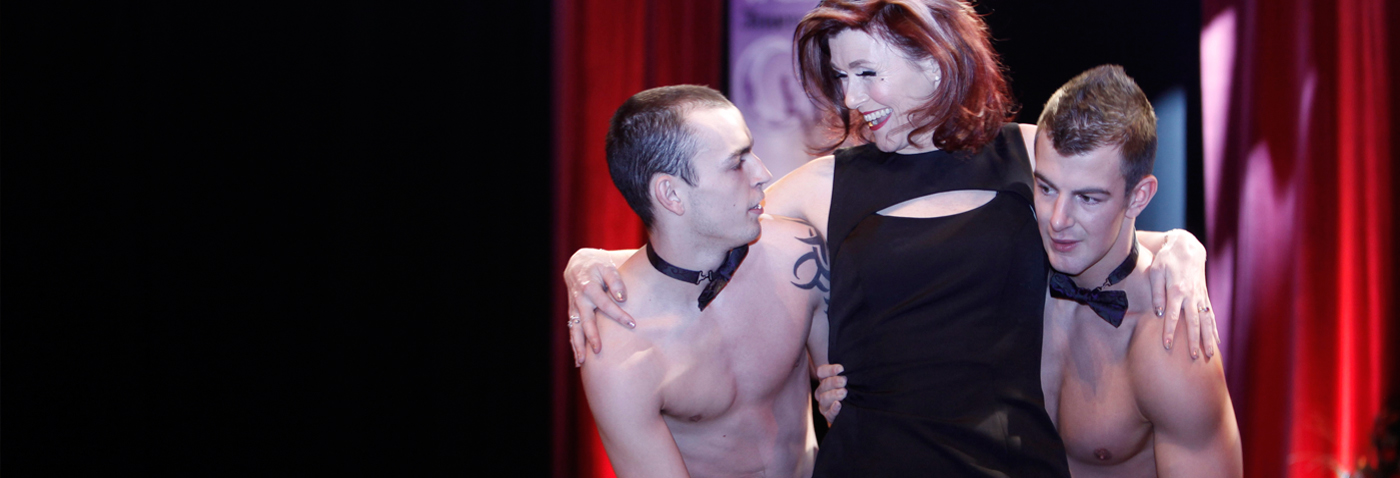Question: How did you celebrate World Menopause Day last week? I’m going out on a limb here, but unless you are female and in your 40s or 50s, you probably dismissed it as irrelevant or unsavoury. And even if yo u are a menopausal or peri-menopausal woman, you might have guiltily glanced at a few articles, but not wanted to admit they might apply to you.
u are a menopausal or peri-menopausal woman, you might have guiltily glanced at a few articles, but not wanted to admit they might apply to you.
But here’s the rub. Menopause is here, it’s real and it will affect almost every woman you know, if not now, then in the future. Just as surely as a woman’s child-bearing years start with periods, they end with menopause. Starting periods is often seen as a positive right of passage for young woman (although to be honest it’s also a bit of a scutter, a pain (literally) and a financial burden). But the change as they stop is almost completely hushed up.
No-one wants to be thought of as old or irrelevant
Because traditionally what has menopause signified? The end of a woman’s fertile, and therefore useful life. And in today’s appearance-obsessed society, no-one wants to be thought of as old, dried-up, or irrelevant.
Menopause is something to be talked about in female-only company, in hushed tones and cliches, with reference to hot-flushes, irritability and sleepless nights. It’s talked of as something to be ‘got through’ and ‘put up with’ – after all, women have endured it for centuries, haven’t we?
Isn’t this just part of life? Something else we should just stop bleating on about, before we get back to working full time, managing homes and families, looking after ageing parents, while trying to maintain youthful looks, strong and lean bodies, and keep on top of what’s happening at Cop26, with Covid, and on Tik Tok?
As sure as eggs is eggs, women run out of them
Well yes, and no. As sure as eggs is eggs, women run out of them. And with the end of our periods comes the end of our bodies producing the hormones we needed for reproduction.
Some women, I am delighted to report, barely notice this drop-off in hormones. But for others it’s different. Very different. And it’s not just about hot sweats and mood swings, as if they weren’t enough to contend with. Menopause can cause insomnia and anxiety, lack of cognitive function, joint and muscle pain, and headaches. And there are hidden symptoms too – the focus of this year’s World Menopause Day was bone health. According to their report, one in three women over 50 will experience osteoporosis fractures, as bone strength diminishes when periods stop. One in three?
Time to shut up and put up? No!
So why suffer? It’s that pressure to just ‘get through it’. That knowledge that since the dawn of time women have reached the menopause and stoically masked their symptoms, so why make a fuss? After all, it’s something that happens to only 51% of the population. Time to shut up and put up?
No. No longer. Before the 1840s when general anaesthetic became available, surgeons used to give patients a leather strap to bite down on during operations. None of us would tolerate that pain and discomfort now – medicine has advanced. And so has HRT. Menopausal symptoms arise because our bodies have stopped producing hormones. These can be replaced, reducing the side-effects their disappearance causes.
That’s a rough paraphrase of the conversation I had with my GP this time last year when we started – together – to find a solution for my symptoms. I hadn’t wanted to bother her during this pandemic, but it all became too much. Night sweats and cramps were waking me up and worry and anxiety stopped me getting back to sleep. That cycle of fatigue and anxiety prevented me from thinking clearly. I felt – at times – like an unhappy alien in my own body.
The conversation about menopause matters

Practice self-care. Exercise, relax, eat well.
After a few months of experimenting, we hit on a formula that works. And I feel better than I have in years. There are occasional teenage-style spots and there’s a definite increase in weight round my middle, but hey – I turn 55 this week. I’m giving myself some slack.
Menopause is here to stay. The conversation about menopause matters, however unsavoury you may find it. If it’s not happening to you, it might soon – or it will happen to your wife, girlfriend, partner, sister, mother, daughter, friends, work colleagues. Talk, read, learn.
If you’re nodding along in recognition, practice self-care. And talk to your friends – share advice and share the load. Then see your GP if you need to. It’s not overstating it to say that HRT helped me get back to being myself.



